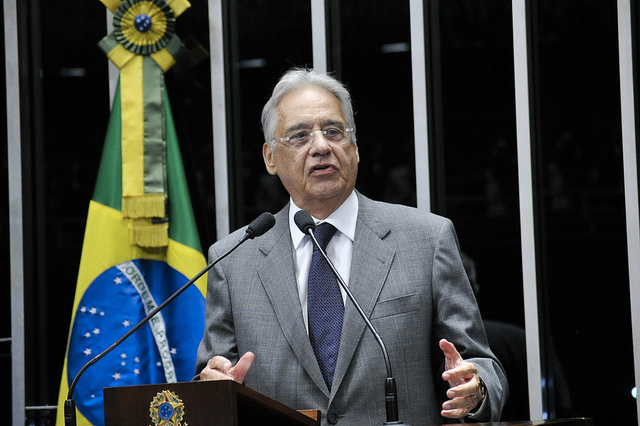Blog
The Climate Registry and Mexico GHG Program Recognized as 'Top Outcomes'
At the end of each fiscal year, WRI designates ten outcomes across projects and programs as the ‘Top Ten Outcomes’ for a particular year. This year, the GHG Protocol’s work with The Climate Registry and the Mexico GHG Program was recognized as two of these top outcomes.
Chinese Cement Companies Accounting for CO2 Emissions
Chinese Companies Pilot-Test a New Energy-GHG Conversion Software
The Climate Registry Releases General Reporting Protocol and Online Reporting Tool
The Climate Registry has finalized its General Reporting Protocol, which provides a consistent framework for companies and organizations across North America to measure and publicly report their Greenhouse Gas emissions. To date, the Climate Registry has the participation of over 250 reporting organizations, including WRI.
Seeking Public Comments on New Protocol for City-level GHG Emissions
We are excited by the release of the first draft of the Global Protocol for Community-Scale GHG Emissions (GPC) to help cities around the world measure and report greenhouse gas (GHG) emissions using a more consistent protocol.
Courage to Lead
WRI celebrated its 30th Anniversary on May 23, with the "Courage to Lead" dinner at the Mandarin Oriental Hotel in New York City. At the dinner, WRI recognized the contributions of its special guest, philanthropist and Mayor Michael Bloomberg; and honored Stephen Ross, chairman, CEO and founder of Related Companies; and Jonathan Lash, president of Hampshire College and WRI's former president.
'24’ and the LA Clippers use GHG Protocol to help offset emissions
Fox television hit ‘24’ and the Los Angeles Clippers are both using WRI’s GHG Protoco
China Program Gains Significant Momentum
Designing a U.S. Greenhouse Gas Emissions Registry
In late February, WRI is publishing a policy brief called “Designing a U.S.
Rio+20 in the Rear View: A Look at Rio de Janeiro’s New Greenhouse Gas Reduction Program
During the informal sessions of the U.N.’s Rio+20 conference on sustainable development last week, Rio de Janeiro city officials and the World Bank jointly launched a very timely project: the Rio Low-Carbon City Program.
Greenhouse Gas Protocol Launches in India
Cardoso Delivers Keynote at Inaugural GHG Forum in Brazil
Chinese Cement Companies Take Further Steps to Measure and Manage GHG Emissions
In July, the largest 42 cement companies in China will take further steps to measure and manage their GHG emissions. These companies produce approximately 400 million metric tons of cement per year, accounting for over 30% of Chinese cement production. Cement production is a major source of carbon dioxide emissions, accounting for five percent of the global total.
Stakeholder Dialogue on Corporate GHG Accounting in India
India GHG Program Launch
On July 22, 2013, WRI India, The Energy and Resources Institute (TERI) and Confederation of Indian Industry (CII) launched the India GHG Program, a voluntary initiative to standardize measurement and management of GHG emissions in India.
Business, Government, and NGOs Partner to Launch Brazil GHG Protocol Program
Workshop: Integrating Agriculture into Corporate GHG Inventories
Top Companies in Brazil Report Greenhouse Gas Emissions for the First Time
Petrobras, Ford Brasil, Walmart Brasil, and Whirlpool are some of the first companies to voluntarily measure and publicly report their greenhouse gas (GHG) emissions using the Brazil GHG Protocol Program.
Rio+20 in the Rear View: A Look at Rio de Janeiro’s New Greenhouse Gas Reduction Program
During the informal sessions of the U.N.’s Rio+20 conference on sustainable development last week, Rio de Janeiro city officials and the World Bank jointly launched a very timely project: the Rio Low-Carbon City Program.
GHG Protocol Supply Chain Initiative Holds Second Steering Committee Meeting in Geneva
The Steering Committee of the GHG Protocol’s Product and Supply Chain Initiative recently gathered at the offices of the WBCSD in Geneva, Switzerland to review early drafts of two new GHG Protocol standards and make recommendations on the direction of the initiative.







